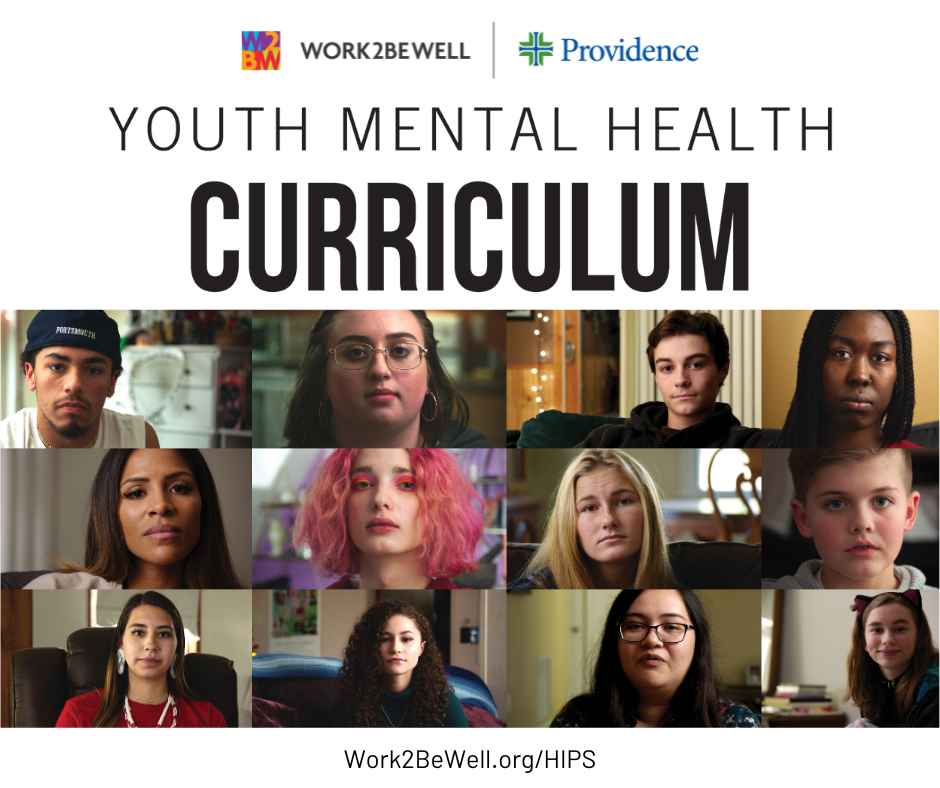
Because Valentine’s Day is right around the corner, and we’ve all got romance on the brain, we want to talk about dating with a mental health condition. New relationships are always a confusing, thrilling, and uncertain business. Adding a mental health condition into the mix can leave anyone feeling a bit overwhelmed. When do you tell a new boyfriend or girlfriend that you live with a mental health condition? Or what should you say if you’re significant other tells you they live with a mental health condition?
There’s no one right or wrong way to talk about your mental health with your partner. Every relationship looks different, and even people with the same mental health diagnoses may have very different experiences of their conditions. If you’re not sure exactly how to have the conversation, or where to begin, then you’re not alone.
Read on for more thoughts on talking to your significant other about your mental health needs.
What if I have a mental health condition I haven’t told my partner about yet?
When do I tell my partner that I have a mental health condition?
Tell them whenever you feel ready. Some people choose to mention it early on, some will even include the information in their online dating profiles, just to get it out of the way at the start. Others may choose to wait until they feel more secure with their new partner, and are ready to invest more of themselves into the relationship. Whether you’re two or three dates in, or 20, what’s important is that eventually you are open with your partner.
It’s a good idea to start the conversation during a moment of relative calm, and preferably at a location where both you and your partner feel comfortable and free to speak your mind.
What if they react poorly?
If your partner isn’t prepared to support your mental health needs, then they lack the qualities you need in a partner. This possibility is sad, of course, but it’s better to know now rather than later, so that you won’t invest anymore of your time and emotional energies into a relationship that won’t provide the support you need. Regardless of mental health conditions, we all search for partners that are able to support us the way we need to be supported.
Tell them what this means to them
Although we are making great strides to destigmatize mental health conversations, there is still a lot of misinformation out there, and your partner has likely absorbed some of this. So, tell them about your condition, demystify it for them. Tell them what your symptoms are, and when they usually appear. And most importantly, tell them how they can support you.
What if my partner has a mental health condition?
You don’t need to understand it all right away. If your partner tells you that they are living with a mental health condition, don’t worry, you don’t need to understand it perfectly right away, or know just the right thing to say. All you have to do, at first, is be patient, be empathetic, and listen. Show your partner that you care and want to understand.
Get educated
After your partner discloses his or her mental health condition, now it’s time to follow up on your desire to understand. Learn what you can. This means asking your partner about their symptoms, their experiences, and how you can best support them through those symptoms and experiences to come. It’s also a good idea to do some research of your own. There are many great, reliable sources of information online. You might begin researching with a visit to NAMI, the National Alliance on Mental Illness, here.
Encourage outside support
Your loved one’s mental health condition isn’t something you can solve or manage on your own. This is their journey, and you can be there to help, but you can’t be your partner’s entire support system. Be sure to encourage your partner to seek support outside of your relationship, from their family and friends and other trusted people in their life. A strong network of loving relationships can make all the difference.
Research treatment
One of the really difficult aspects of a mental health challenge is that the condition itself can make it especially hard for people to seek out the treatment they need. Many mental health conditions can sap a person’s energy. You can show your support by helping your significant other, in times like these, to research different treatment options, and seek help.
Every relationship requires work. Everyone needs support, whether it’s support in a mental, physical, or emotional health struggle. To finally find a good romantic match, first we have to be open, and vulnerable with our partners, and encourage openness and honesty from them in return. Only then do we really get to see how well we match up.
———–
For more information on disclosing your mental health needs to your partner, read this article from Huffpost.
———–
We want to know how you and your partner talk about your health and wellness. Join the conversation online using the hashtags #BeWell, #BeHeard, and #BeThere.
———–
If you or someone you know is having a difficult time and would like to talk to someone about it, there are people who want to help. For teens who want to talk to other teens, call Teen Line at 310-855-4673, or text TEEN to 839863. You can also text LA to 741741 to talk with a trained Crisis Counselor for free, 24/7. For more information check out www.crisistextline.org.



